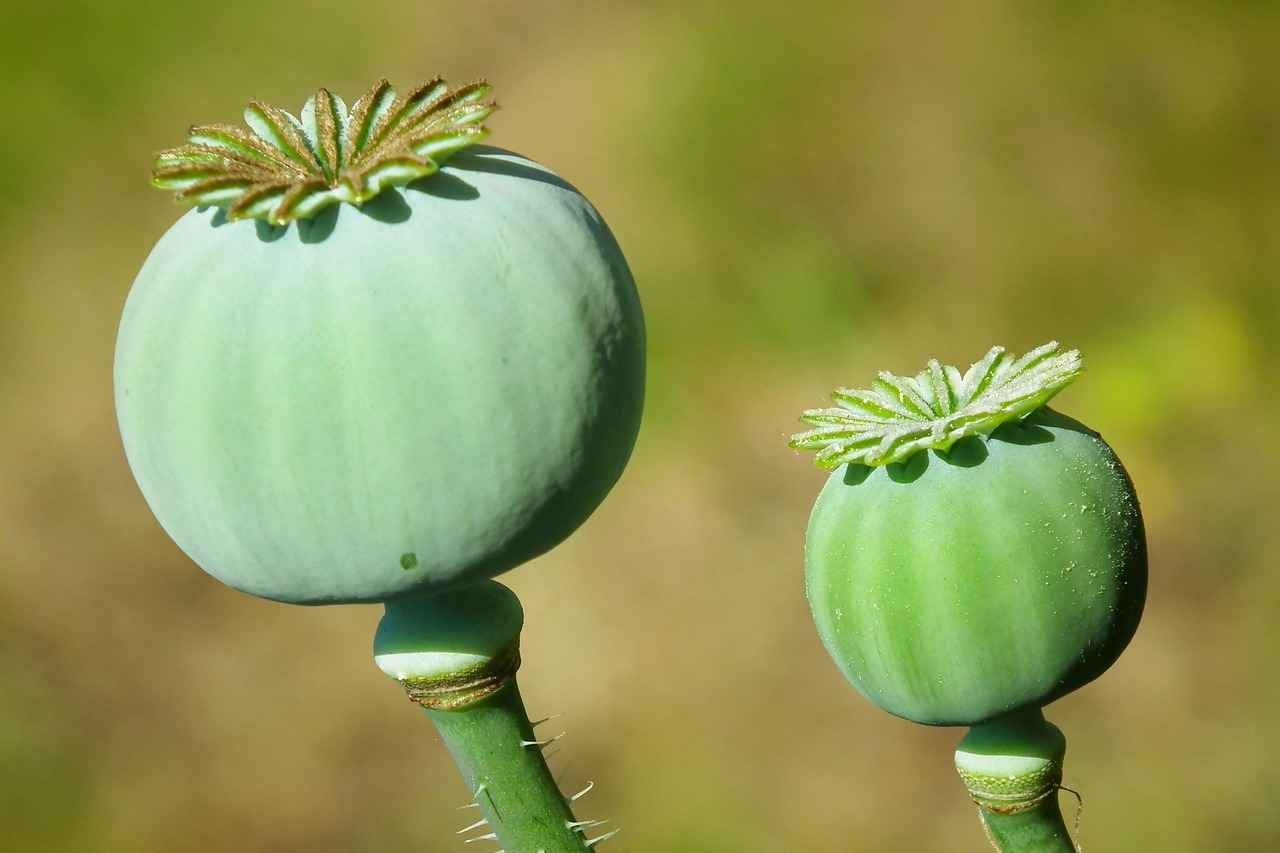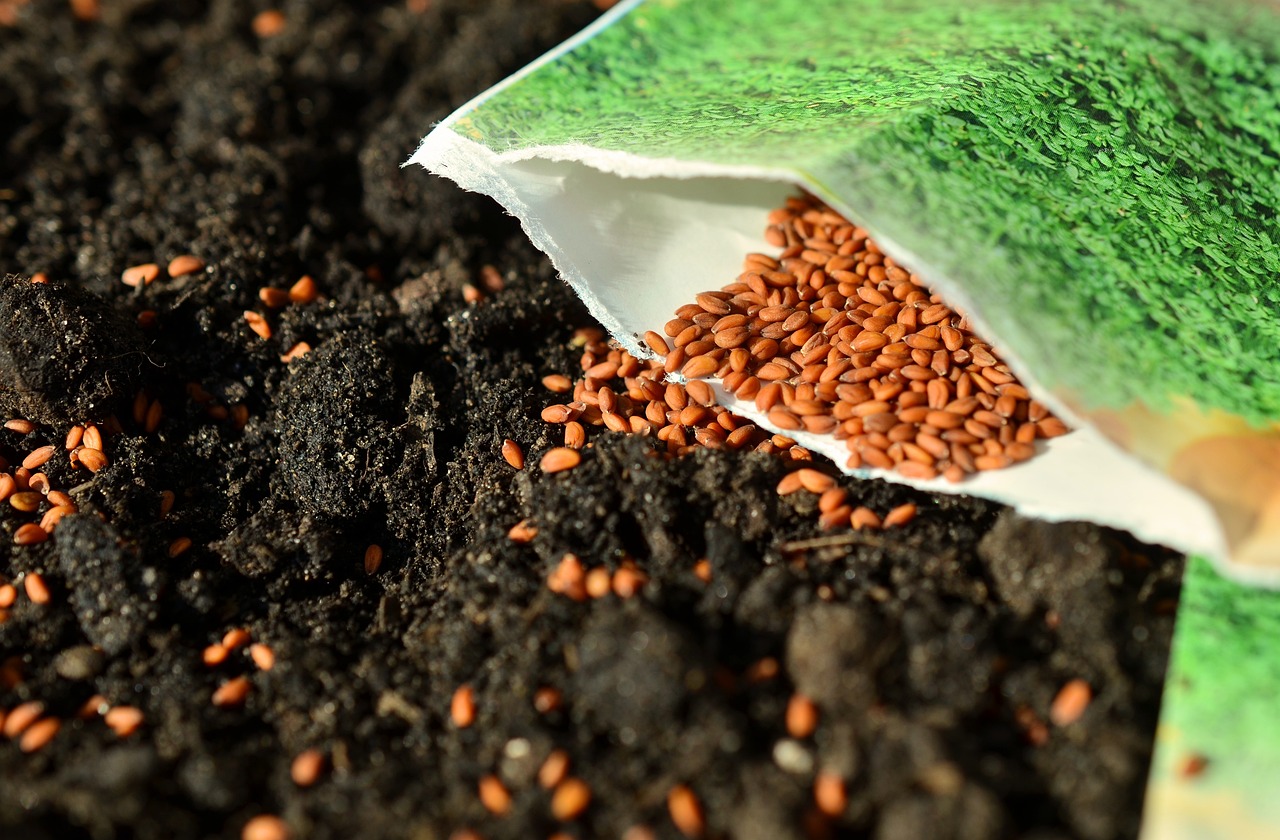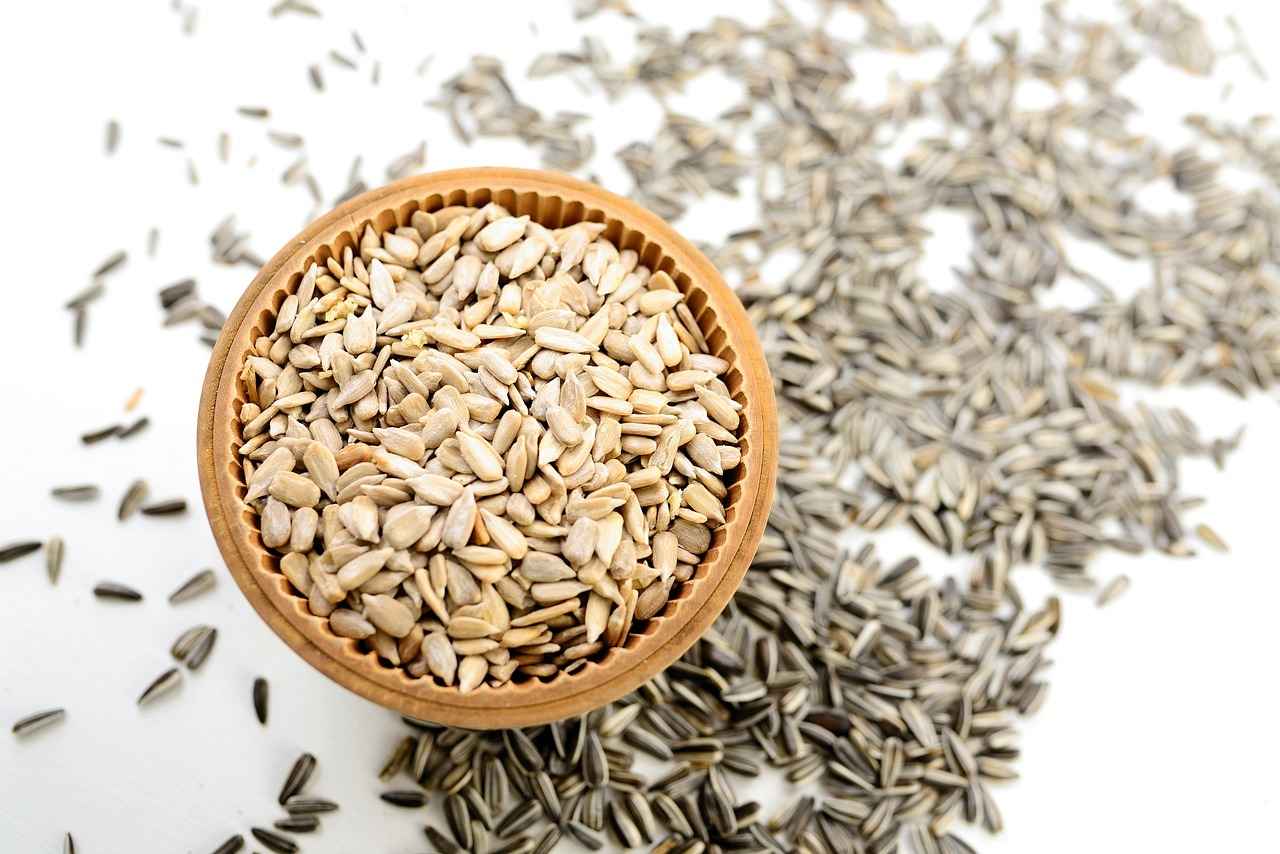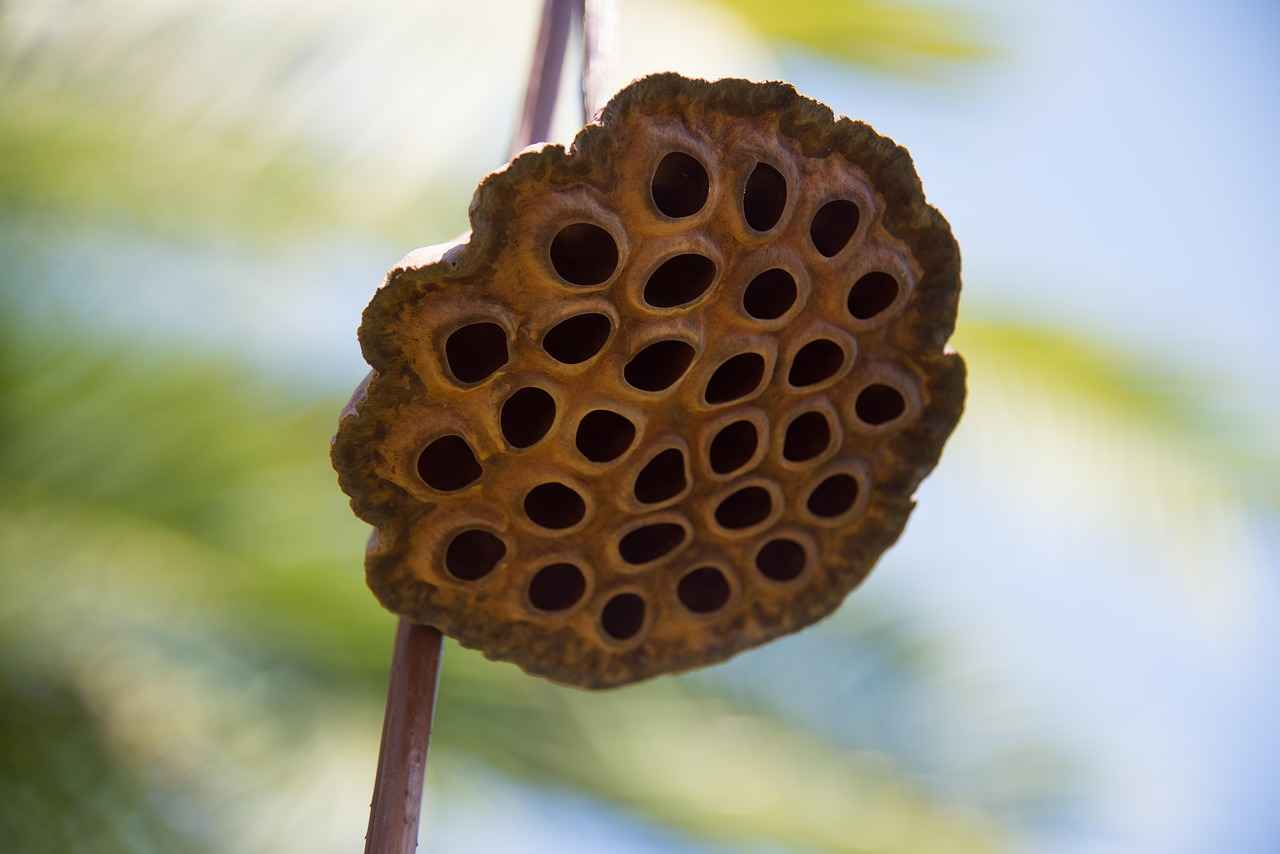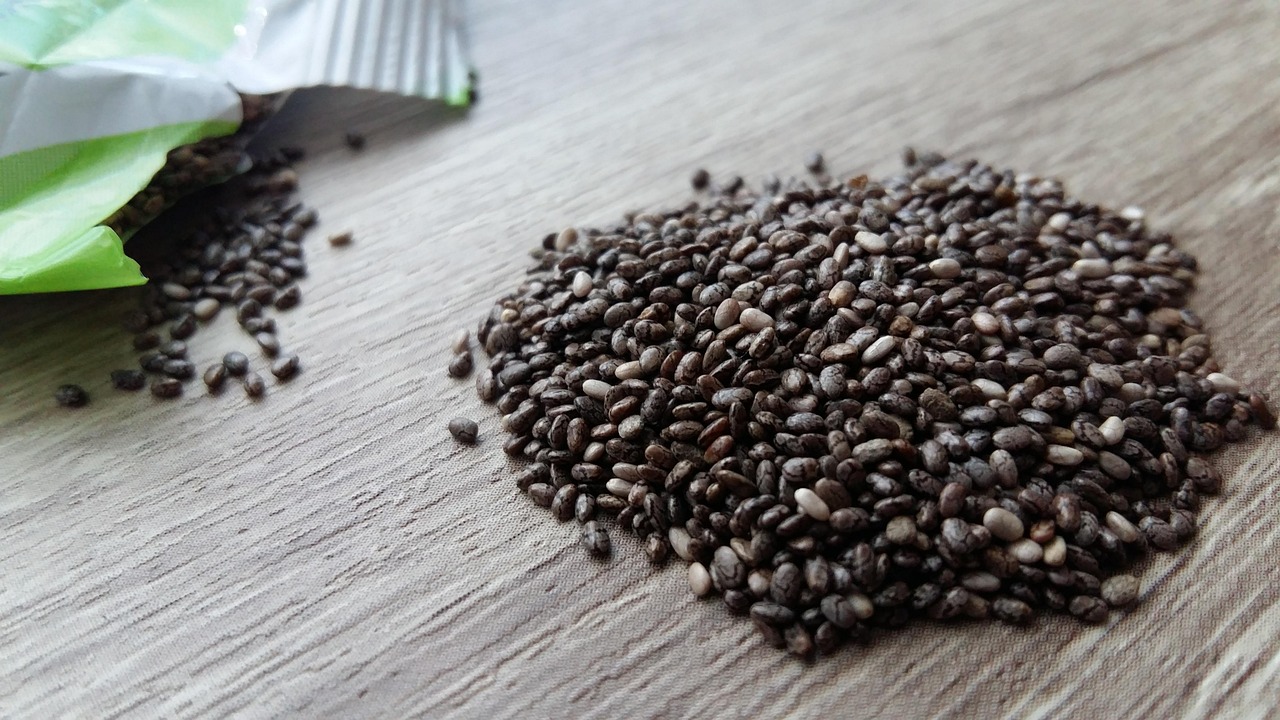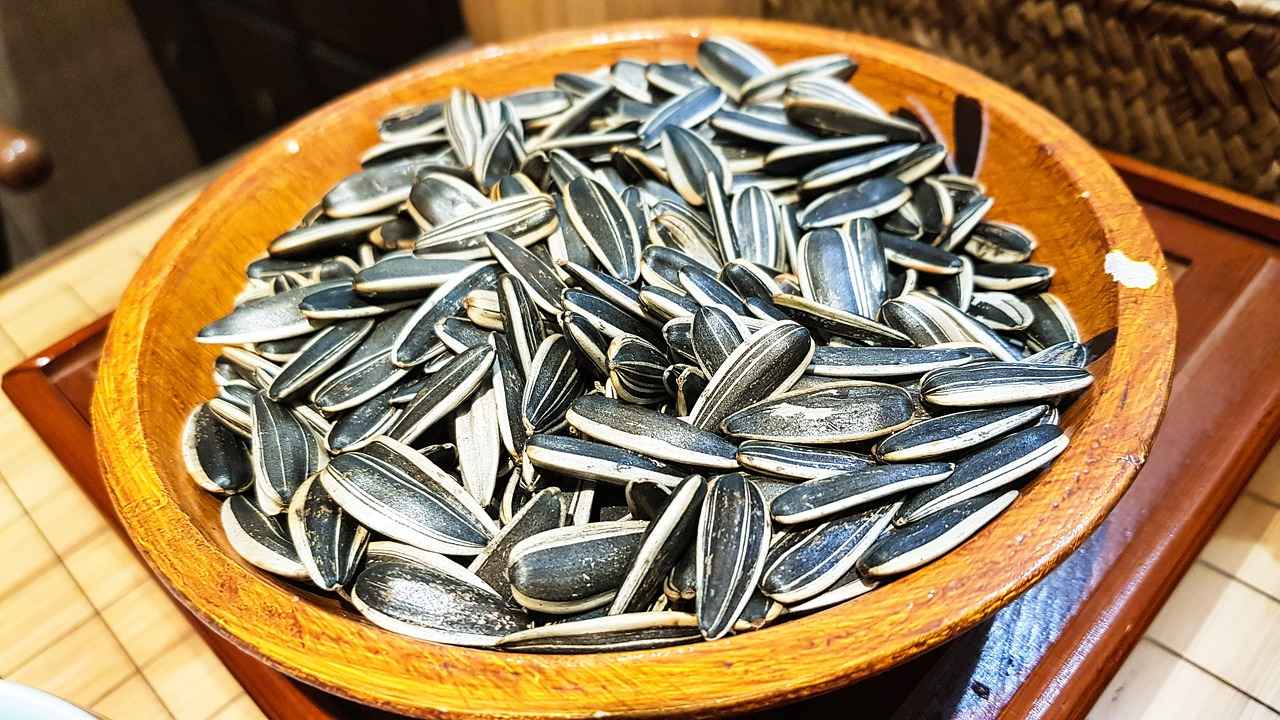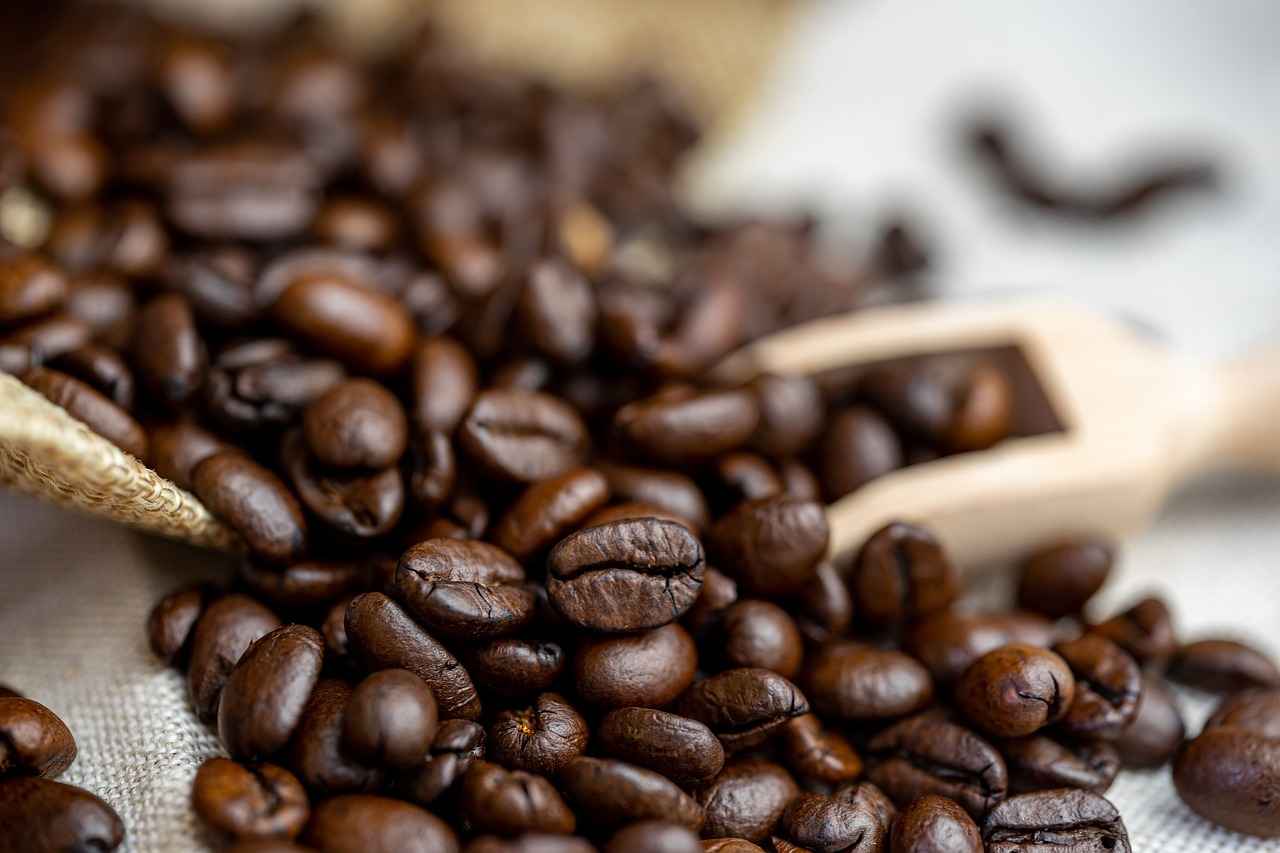This article delves into the numerous health benefits of chia seeds, supported by scientific research. Discover how these tiny seeds can enhance your diet and improve overall wellness.
Chia seeds are small, black or white seeds derived from the Salvia hispanica plant, native to Mexico and Guatemala. These seeds are celebrated for their impressive nutritional profile, which includes a wealth of essential nutrients such as protein, fiber, omega-3 fatty acids, and antioxidants. Their versatility in cooking and baking has made them a popular choice among health enthusiasts.
Chia seeds have earned the title of superfood due to their high content of nutrients. They are rich in:
- Omega-3 Fatty Acids: Essential for heart health.
- Fiber: Aids digestion and promotes satiety.
- Protein: Supports muscle repair and growth.
- Antioxidants: Help combat oxidative stress in the body.
The high fiber content in chia seeds, particularly soluble fiber, promotes digestive health by absorbing water and forming a gel-like substance in the stomach. This process aids in regular bowel movements and can help prevent constipation, contributing to overall gut health.
Chia seeds may support weight loss efforts due to their unique ability to absorb water and expand in the stomach, leading to a prolonged feeling of fullness. This can help reduce overall calorie intake, making them a valuable addition to a weight management plan.
Rich in omega-3 fatty acids, chia seeds can enhance heart health by reducing inflammation, lowering blood pressure, and improving cholesterol levels. These factors are crucial for maintaining cardiovascular wellness and preventing heart disease.
Chia seeds are an excellent source of calcium, magnesium, and phosphorus, all essential minerals that support bone health. Including chia seeds in your diet may help prevent osteoporosis and strengthen bones, especially in older adults.
Chia seeds can help regulate blood sugar levels due to their high fiber content, which slows digestion and the absorption of sugars. This makes them a smart choice for individuals managing diabetes or looking to maintain stable energy levels throughout the day.
Chia seeds are a fantastic source of carbohydrates and protein, providing sustained energy. Their nutrient density makes them popular among athletes and active individuals seeking to enhance performance and recovery.
Incorporating chia seeds into your diet is easy. Here are some practical suggestions:
- Add them to smoothies for a nutrient boost.
- Sprinkle them on yogurt or oatmeal.
- Mix them into salads for added crunch.
- Use them in baked goods like muffins or bread.
While chia seeds are generally safe for most people, excessive consumption may lead to digestive issues, such as bloating or gas. It’s crucial to consume them in moderation and ensure adequate hydration to avoid potential side effects.

What Are Chia Seeds?
Chia seeds, derived from the Salvia hispanica plant, are tiny, nutrient-rich seeds that have gained significant attention in the health and wellness community. These seeds are not only small in size but also packed with a variety of essential nutrients that can contribute to overall health. The increasing popularity of chia seeds is largely due to their versatility in cooking and their impressive health benefits.
Chia seeds are often hailed as a superfood because of their remarkable nutritional composition. They are an excellent source of:
- Omega-3 fatty acids: Essential for heart health and reducing inflammation.
- Dietary fiber: Promotes digestive health and aids in weight management.
- Protein: Supports muscle repair and growth.
- Antioxidants: Help combat oxidative stress and inflammation in the body.
The high fiber content in chia seeds, which amounts to about 11 grams per ounce, plays a crucial role in promoting digestive health. When consumed, chia seeds absorb water and swell, forming a gel-like substance that aids in:
- Regular bowel movements
- Preventing constipation
- Supporting gut health
Chia seeds may be beneficial for those looking to manage their weight. Their ability to absorb water allows them to expand in the stomach, which can lead to a feeling of fullness and reduce overall calorie intake. This property makes them an ideal addition to meals and snacks, especially for those seeking to control their appetite.
Rich in omega-3 fatty acids, chia seeds can contribute to heart health in several ways. They help reduce inflammation, lower blood pressure, and improve cholesterol levels, all of which are vital for maintaining a healthy cardiovascular system.
Chia seeds are a great source of essential minerals such as calcium, magnesium, and phosphorus. These nutrients are critical for maintaining strong bones and may help prevent conditions like osteoporosis when included in a balanced diet.
For individuals managing diabetes, chia seeds may offer benefits in blood sugar control. Their high fiber content slows down digestion and the absorption of sugars, which can help stabilize blood sugar levels after meals.
Chia seeds are a fantastic source of carbohydrates and protein, providing sustained energy for physical activities. This makes them a popular choice among athletes and active individuals looking to enhance their performance and endurance.
Incorporating chia seeds into your diet is easy and versatile. Here are some practical ideas:
- Add them to smoothies for a nutrient boost.
- Mix them into yogurt or oatmeal.
- Sprinkle them on salads for added crunch.
- Use them in baked goods like muffins or bread.
While chia seeds are generally safe for most people, consuming them in excessive amounts may lead to digestive issues. It is important to eat them in moderation and ensure adequate hydration to avoid any potential side effects.

Why Are Chia Seeds Considered a Superfood?
Chia seeds have gained immense popularity in recent years, often being hailed as a superfood. But what exactly qualifies these tiny seeds as a superfood? This article delves into the remarkable nutritional profile of chia seeds, highlighting their numerous health benefits and the science behind their status as a superfood.
Chia seeds are derived from the Salvia hispanica plant and are known for their impressive nutritional composition. These seeds are packed with essential nutrients, including:
- Omega-3 Fatty Acids: Chia seeds are one of the richest plant sources of omega-3 fatty acids, which are crucial for heart health.
- Dietary Fiber: With about 10 grams of fiber per ounce, chia seeds promote digestive health and help maintain a healthy weight.
- Proteins: They provide a good amount of protein, which is essential for muscle repair and growth.
- Vitamins and Minerals: Chia seeds are rich in calcium, magnesium, and phosphorus, vital for bone health.
- Antioxidants: These compounds help combat oxidative stress and inflammation in the body.
The omega-3 fatty acids found in chia seeds play a significant role in promoting cardiovascular health. Research suggests that these healthy fats can help reduce inflammation, lower blood pressure, and improve cholesterol levels. By incorporating chia seeds into your diet, you can support your heart’s overall function.
Chia seeds are often recommended for those looking to manage their weight. Their high fiber content allows them to absorb water and expand in the stomach, leading to a feeling of fullness. This satiety can help reduce overall calorie intake, making chia seeds a valuable addition to any weight management plan.
With their remarkable fiber content, chia seeds promote healthy digestion. The soluble fiber in chia seeds absorbs water, forming a gel-like substance that aids in regular bowel movements and prevents constipation. A healthy digestive system is essential for overall well-being, and chia seeds can play a key role in achieving this.
Chia seeds are an excellent source of essential minerals such as calcium, magnesium, and phosphorus, which are vital for maintaining strong bones. Including chia seeds in your diet can help prevent conditions like osteoporosis, especially as you age.
For individuals managing diabetes or those concerned about blood sugar levels, chia seeds can be beneficial. Their high fiber content slows down the digestion and absorption of sugars, helping maintain stable blood sugar levels after meals.
Incorporating chia seeds into your daily meals is simple and versatile. Here are some easy ways to add them to your diet:
- Add them to s smoothies for a nutritional boost.
- Mix them into yogurt or oatmeal for added texture and fiber.
- Sprinkle them on salads or soups for extra crunch.
- Use them in baked goods as a healthy ingredient.
In summary, chia seeds are considered a superfood due to their impressive nutritional profile, which includes omega-3 fatty acids, fiber, protein, and various essential vitamins and minerals. Their numerous health benefits, from supporting heart health to aiding in weight management, make them a valuable addition to a balanced diet.
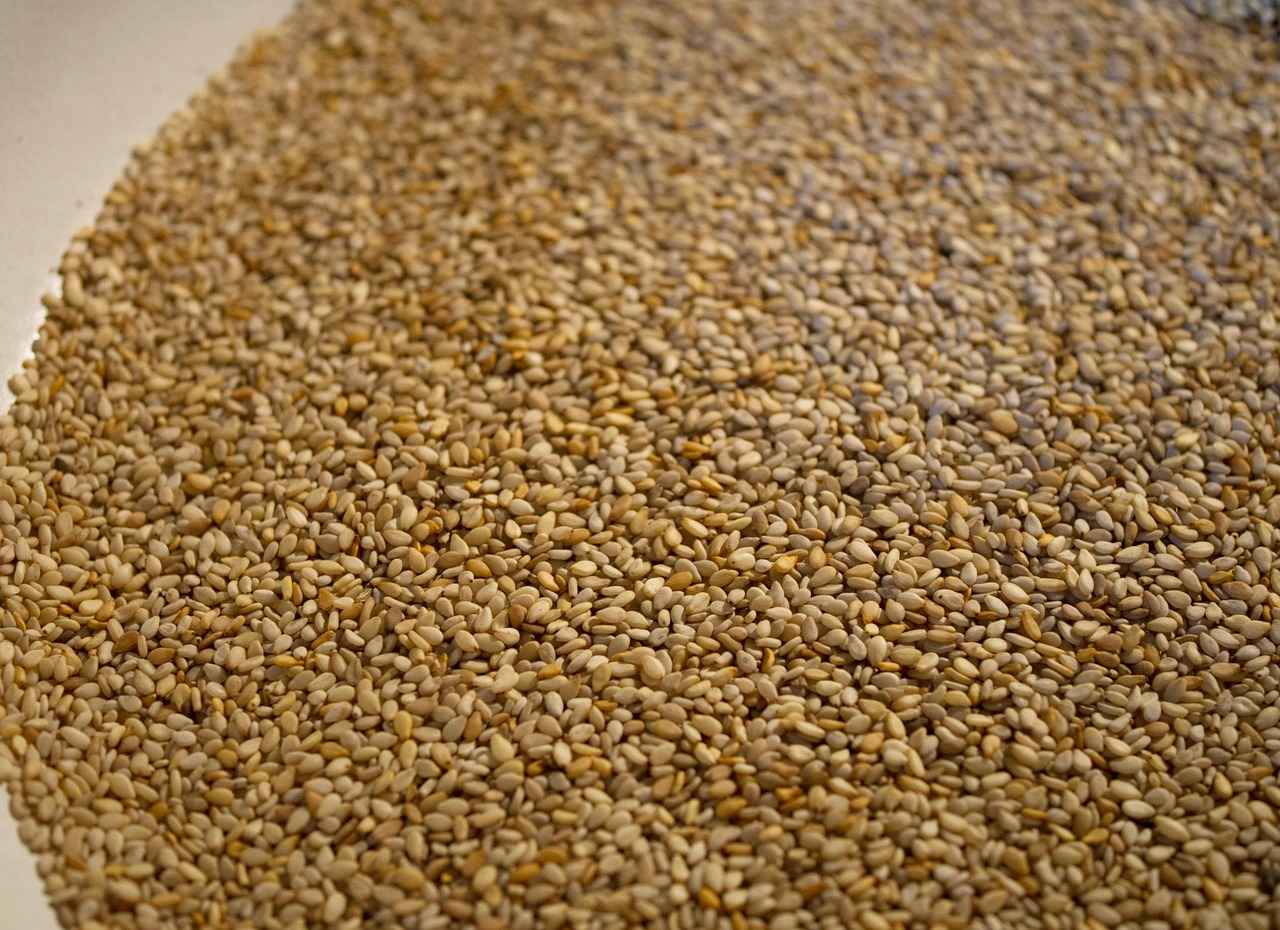
How Do Chia Seeds Improve Digestive Health?
Chia seeds, often hailed as a superfood, possess numerous health benefits that extend beyond their tiny size. Among these benefits, their impact on digestive health is particularly noteworthy. Understanding how chia seeds contribute to a healthy digestive system can help you incorporate them more effectively into your diet.
The high fiber content in chia seeds is a key factor in their ability to promote digestive health. Each serving of chia seeds contains approximately 10 grams of fiber, which is about one-third of the daily recommended intake for adults. This fiber is primarily soluble, meaning it absorbs water and forms a gel-like substance in the digestive tract. This process is beneficial for several reasons:
- Regular Bowel Movements: The gel-like consistency created by soluble fiber helps to soften stool, making it easier to pass. This can aid in preventing constipation and promoting regular bowel movements.
- Gut Health: A healthy gut microbiome is essential for overall well-being. The fiber in chia seeds acts as a prebiotic, providing nourishment for beneficial gut bacteria. This can enhance gut health and improve digestion.
- Satiety and Weight Management: Chia seeds can absorb up to 12 times their weight in water, expanding in the stomach and promoting a feeling of fullness. This can help reduce overall calorie intake, which is beneficial for those looking to manage their weight.
In addition to their fiber content, chia seeds are rich in omega-3 fatty acids, which have anti-inflammatory properties. Inflammation in the gut can lead to various digestive issues, including irritable bowel syndrome (IBS) and other gastrointestinal disorders. By incorporating chia seeds into your diet, you may help reduce inflammation and support a healthier digestive tract.
Moreover, chia seeds are low in carbohydrates, making them an ideal addition to a low-carb or keto diet. They can be easily mixed into smoothies, yogurt, or oatmeal, providing a nutritious boost without adding excessive carbs.
For individuals who struggle with digestive issues, it’s important to introduce chia seeds gradually into your diet. Start with a small amount, such as one tablespoon, and increase as your body adjusts. Staying well-hydrated is also crucial, as chia seeds need water to expand and function effectively in the digestive system.
In conclusion, chia seeds are a powerful ally in promoting digestive health. Their high fiber content, ability to support gut bacteria, and anti-inflammatory properties make them an excellent choice for anyone looking to enhance their digestive wellness. By incorporating chia seeds into your daily routine, you can enjoy not only their health benefits but also their versatility in various dishes.
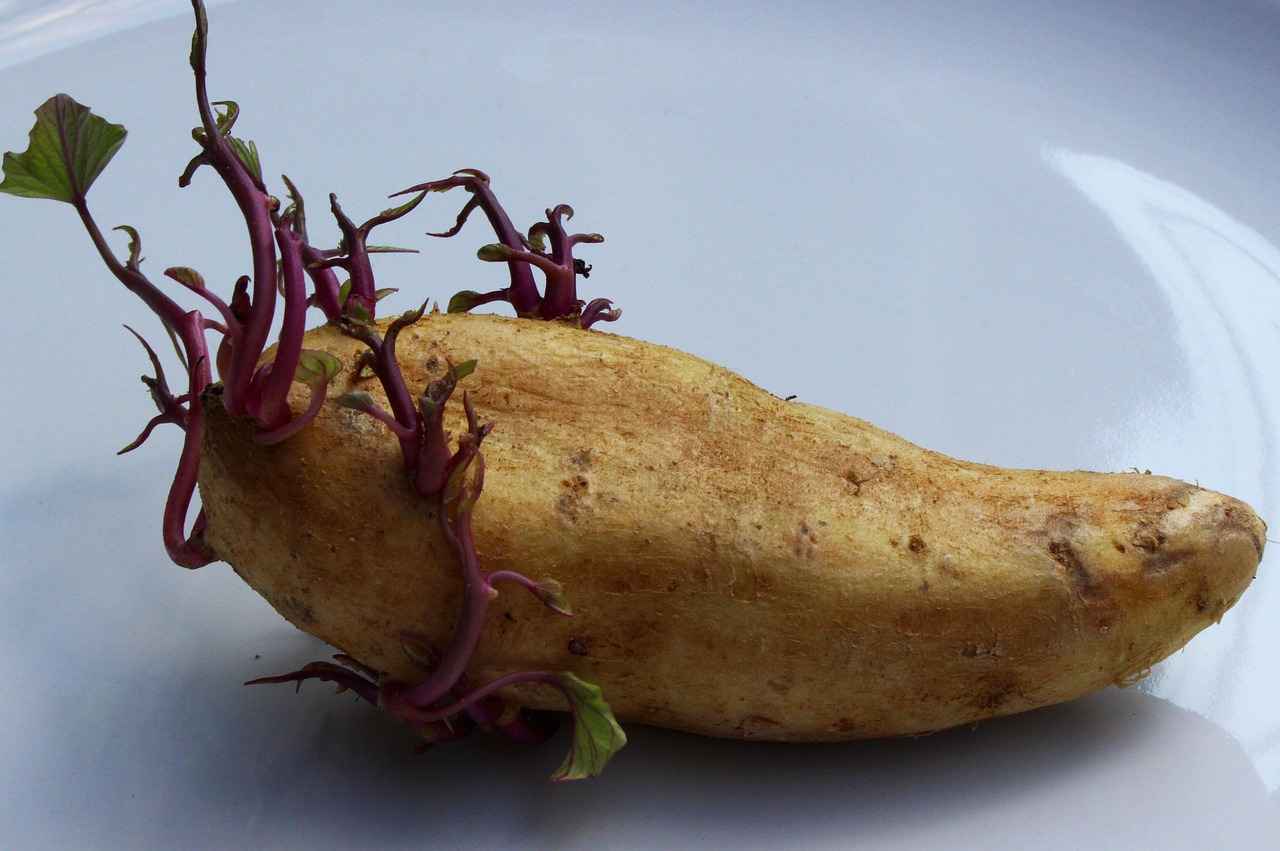
Can Chia Seeds Aid in Weight Loss?
Chia seeds, often hailed as a superfood, have garnered significant attention for their potential role in weight loss. These tiny seeds, derived from the Salvia hispanica plant, possess remarkable properties that can aid individuals in their journey toward a healthier weight. In this section, we will explore how chia seeds can contribute to weight loss and the science behind their effectiveness.
One of the most notable characteristics of chia seeds is their ability to absorb water. When consumed, these seeds can swell up to 12 times their original size, forming a gel-like substance in the stomach. This expansion not only increases satiety but also helps to reduce hunger and cravings. As a result, individuals may find themselves less inclined to snack between meals, leading to a decrease in overall calorie intake.
Chia seeds are an excellent source of dietary fiber, containing approximately 10 grams per ounce. This high fiber content plays a crucial role in weight management by:
- Improving Digestion: Fiber aids in regular bowel movements, preventing constipation and promoting digestive health.
- Stabilizing Blood Sugar Levels: The slow digestion of fiber helps maintain steady blood sugar levels, reducing the likelihood of energy crashes and subsequent cravings.
- Enhancing Nutrient Absorption: A healthy digestive system ensures that your body effectively absorbs essential nutrients, supporting overall well-being.
Incorporating chia seeds into meals can lead to a natural reduction in caloric intake. When added to smoothies, yogurt, or oatmeal, they increase the volume of food without significantly adding to the calorie count. This allows individuals to enjoy larger portions while still adhering to their caloric goals. Additionally, the gel-like texture of chia seeds can create a satisfying mouthfeel, enhancing the overall eating experience.
Several studies have explored the relationship between chia seeds and weight loss. Research indicates that individuals who incorporate chia seeds into their diet may experience greater weight loss compared to those who do not. For instance, a study published in the Journal of Nutrition found that participants who consumed chia seeds experienced a significant reduction in body mass index (BMI) and waist circumference over a 12-week period.
Incorporating chia seeds into your daily routine is simple and versatile. Here are some practical ways to add them to your diet:
- Smoothies: Blend chia seeds into your favorite smoothie for added nutrition.
- Overnight Oats: Mix chia seeds with oats and milk or yogurt for a nutritious breakfast.
- Baking: Add chia seeds to baked goods like muffins or bread for a healthy twist.
- Salads: Sprinkle chia seeds on top of salads for a crunchy texture.
In summary, chia seeds offer a unique combination of properties that can support weight loss efforts. Their ability to absorb water, high fiber content, and versatility in cooking make them an excellent addition to any diet. By promoting a feeling of fullness and helping to reduce caloric intake, chia seeds can be a valuable ally in achieving and maintaining a healthy weight.
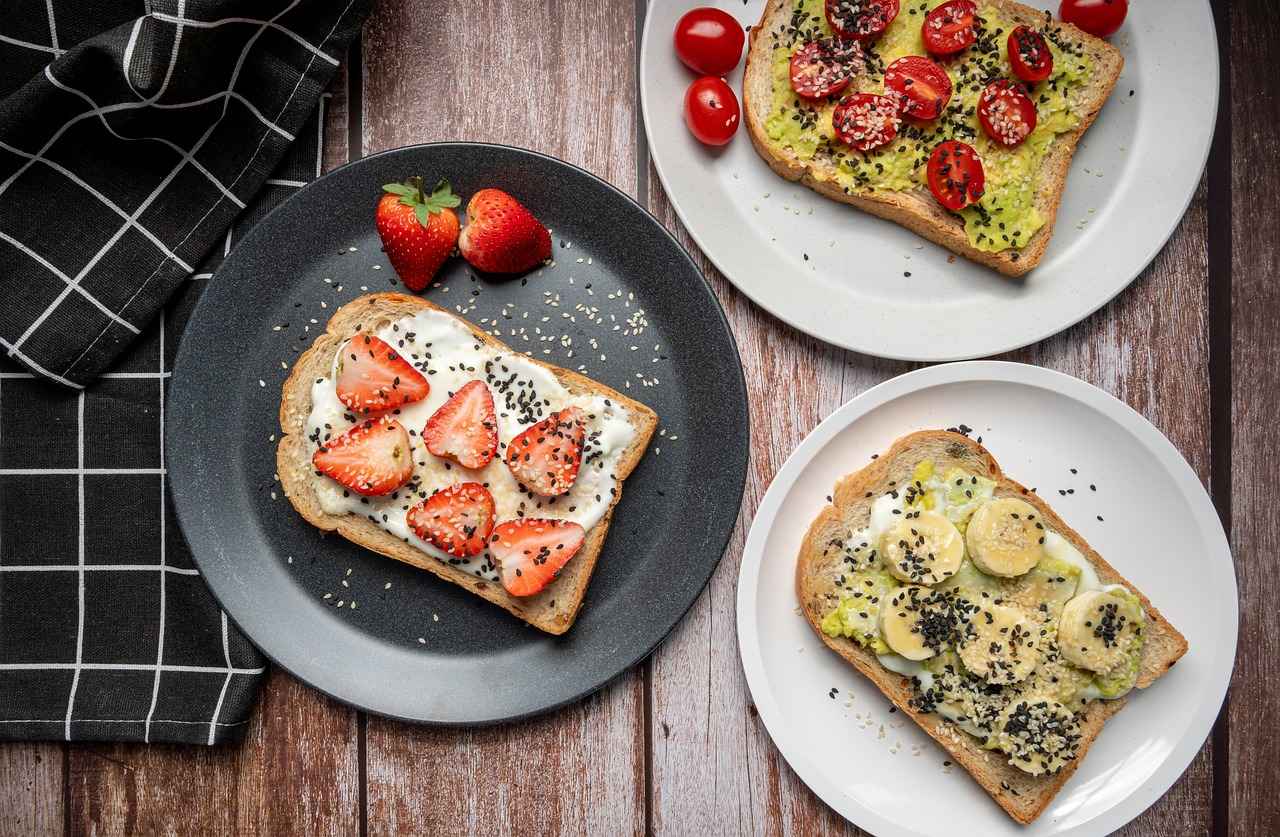
What Role Do Chia Seeds Play in Heart Health?
Chia seeds, derived from the Salvia hispanica plant, have gained recognition for their impressive health benefits, particularly in relation to heart health. These tiny seeds are packed with omega-3 fatty acids, which are crucial for maintaining a healthy cardiovascular system. But how exactly do they contribute to heart wellness? Let’s explore the science-backed benefits of chia seeds for heart health.
- Reducing Inflammation: Chronic inflammation is a significant risk factor for heart disease. Chia seeds contain alpha-linolenic acid (ALA), a type of omega-3 fatty acid that has been shown to reduce inflammation in the body. Regular consumption of chia seeds can help lower inflammatory markers, thereby supporting overall heart health.
- Lowering Blood Pressure: High blood pressure is a common condition that can lead to serious heart issues. Studies suggest that the intake of chia seeds may help lower blood pressure levels. The high levels of fiber and protein in chia seeds can contribute to improved blood vessel function, which is essential for maintaining healthy blood pressure.
- Improving Cholesterol Levels: Maintaining healthy cholesterol levels is vital for heart health. Chia seeds can help improve lipid profiles by increasing levels of high-density lipoprotein (HDL) cholesterol, commonly known as the “good” cholesterol. This can reduce the risk of heart disease and stroke.
- Providing Antioxidants: Chia seeds are rich in antioxidants, which combat oxidative stress in the body. Oxidative stress can lead to cellular damage and is linked to various heart diseases. By incorporating chia seeds into your diet, you can enhance your body’s defense against oxidative damage.
In addition to these benefits, chia seeds are a fantastic source of fiber, which plays a crucial role in heart health. A diet high in fiber can help lower cholesterol levels, regulate blood sugar, and maintain a healthy weight—all important factors for preventing heart disease.
For those looking to incorporate chia seeds into their diet, there are numerous ways to do so. They can be added to smoothies, yogurt, oatmeal, or even baked goods. The versatility of chia seeds makes them an easy addition to any meal, providing a significant boost in heart-healthy nutrients without altering the flavor.
However, it’s important to consume chia seeds in moderation. While they are generally safe for most people, excessive intake may lead to digestive issues. It is advisable to start with a small amount and gradually increase your intake while ensuring adequate hydration.
In summary, chia seeds are a powerful ally for heart health, thanks to their rich content of omega-3 fatty acids, fiber, and antioxidants. By incorporating these tiny seeds into your daily diet, you can take proactive steps towards improving your cardiovascular wellness.

How Do Chia Seeds Contribute to Bone Health?
Chia seeds, often celebrated for their diverse health benefits, play a significant role in promoting bone health. These tiny seeds are not only rich in essential nutrients but also provide a range of minerals that are crucial for maintaining strong and healthy bones.
What Makes Chia Seeds a Great Source of Bone-Strengthening Nutrients?
Chia seeds are particularly high in calcium, magnesium, and phosphorus, all of which are vital for bone health. Calcium is well-known for its role in building and maintaining bone density, while magnesium helps in the absorption of calcium and plays a role in bone formation. Phosphorus, another critical mineral, works in tandem with calcium to ensure bones remain strong and healthy.
How Do These Minerals Work Together?
- Calcium: This mineral is the primary building block of bones. Adequate calcium intake is essential for achieving peak bone mass, especially during childhood and adolescence.
- Magnesium: Often overlooked, magnesium is crucial for converting vitamin D into its active form, which in turn helps the body absorb calcium effectively. A deficiency in magnesium can lead to a decrease in bone density.
- Phosphorus: This mineral plays a significant role in the structural integrity of bones. It combines with calcium to form hydroxyapatite, the mineral complex that gives bones their strength.
Can Chia Seeds Help Prevent Osteoporosis?
Incorporating chia seeds into a balanced diet may help in the prevention of osteoporosis, a condition characterized by weak and brittle bones. Studies have shown that diets rich in calcium and magnesium can significantly reduce the risk of developing osteoporosis, especially in older adults. By adding chia seeds to your meals, you can increase your intake of these essential minerals in a delicious and versatile way.
How to Incorporate Chia Seeds for Optimal Bone Health?
Including chia seeds in your diet is easy and can be done in various ways:
- Add them to smoothies for a nutrient boost.
- Mix them into yogurt or oatmeal for added texture and flavor.
- Use chia seeds as a thickening agent in soups and sauces.
- Incorporate them into baked goods like muffins or bread.
By consuming chia seeds regularly, you not only enhance your overall nutrient intake but also support your bone health in a natural and effective manner.
Are There Any Other Benefits of Chia Seeds?
In addition to their bone-strengthening properties, chia seeds are also known for their high fiber content, which aids in digestion, and their omega-3 fatty acids, which support heart health. This makes them a well-rounded addition to any healthy diet.
In summary, chia seeds are a powerhouse of nutrients that contribute significantly to bone health. Their rich content of calcium, magnesium, and phosphorus, combined with their versatility in the kitchen, makes them an excellent choice for anyone looking to improve their bone density and overall health.
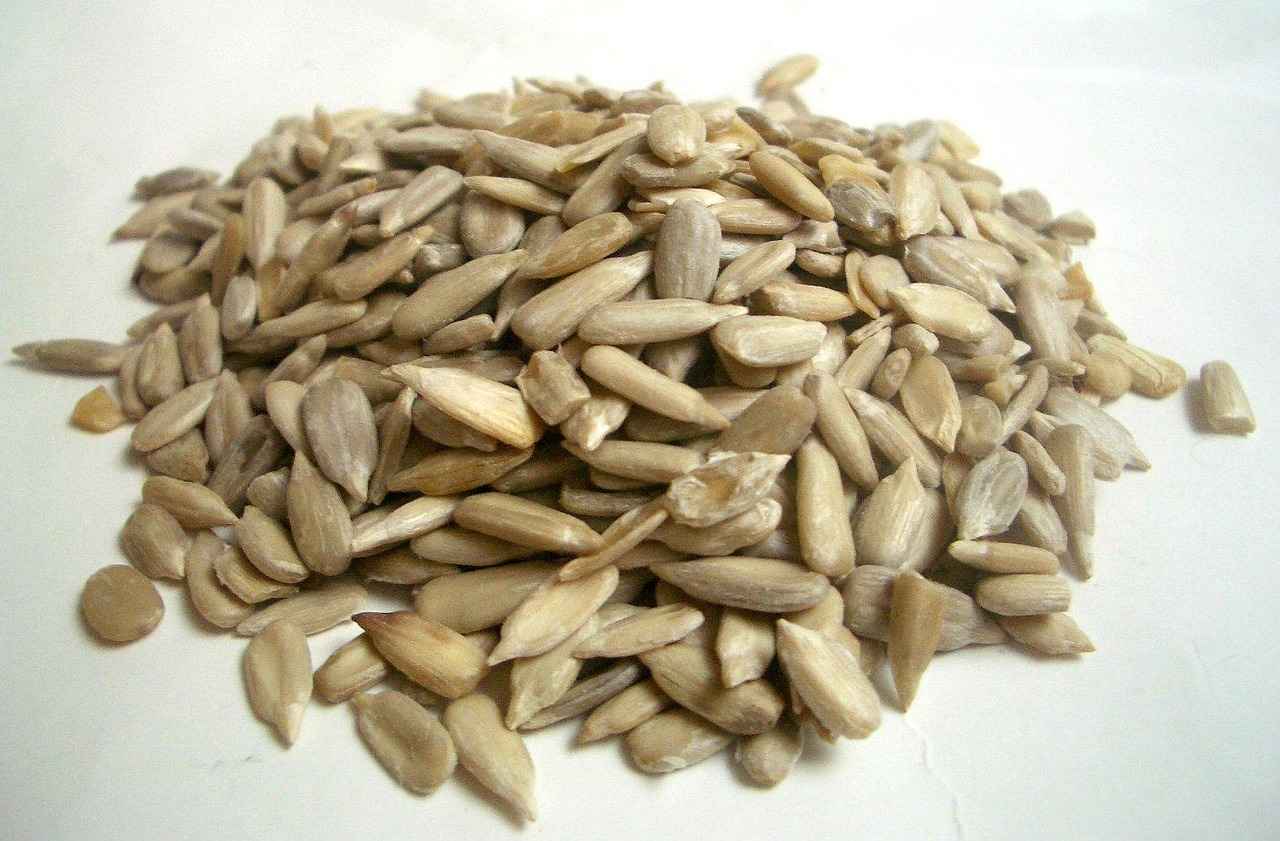
Are Chia Seeds Beneficial for Blood Sugar Control?
Chia seeds, the tiny powerhouses from the Salvia hispanica plant, have gained attention for their potential health benefits, particularly in managing blood sugar levels. This article delves into the science behind how chia seeds can be a valuable addition to the diet of those looking to regulate their blood sugar, especially for individuals with diabetes.
One of the primary reasons chia seeds are effective in blood sugar management is their high fiber content. Each serving of chia seeds contains approximately 11 grams of fiber, which plays a crucial role in slowing down the digestion process. This slow digestion leads to a gradual release of sugars into the bloodstream, preventing sudden spikes in blood sugar levels that can be harmful, especially for those with diabetes.
Additionally, the soluble fiber found in chia seeds forms a gel-like substance when mixed with water. This gel not only aids in digestion but also contributes to a feeling of fullness, which can help individuals manage their overall calorie intake. By promoting satiety, chia seeds can assist in weight management, another important aspect of blood sugar control.
How Do Chia Seeds Impact Insulin Sensitivity?
Research indicates that chia seeds may also enhance insulin sensitivity. Insulin is the hormone responsible for regulating blood sugar levels, and improved sensitivity means the body can use insulin more effectively, further stabilizing blood sugar levels. Some studies suggest that the incorporation of chia seeds into the diet may lead to better overall glucose control, making them a smart choice for individuals aiming to manage their diabetes.
What Are the Best Ways to Use Chia Seeds for Blood Sugar Control?
- In Smoothies: Blend chia seeds into your favorite smoothies for added nutrition and a thick, satisfying texture.
- In Yogurt: Stir chia seeds into yogurt for a nutritious breakfast or snack that helps regulate blood sugar levels.
- In Baking: Add chia seeds to baked goods, such as muffins or bread, to enhance fiber content without altering the flavor.
- As a Pudding: Mix chia seeds with almond milk or coconut milk and let them soak overnight to create a delicious pudding.
Are There Any Risks to Consuming Chia Seeds?
While chia seeds are generally safe for most people, it’s important to consume them in moderation. Due to their high fiber content, excessive intake can lead to digestive discomfort, such as bloating or gas. To avoid such issues, it’s advisable to gradually increase the intake of chia seeds and ensure adequate hydration, as they absorb water and expand in the stomach.
In summary, chia seeds offer a multitude of health benefits, particularly for those looking to manage their blood sugar levels. Their high fiber content, ability to promote satiety, and potential to improve insulin sensitivity make them a wise choice for individuals with diabetes. Incorporating chia seeds into a balanced diet can not only enhance nutritional intake but also support overall health and wellness.

How Can Chia Seeds Boost Energy and Performance?
Chia seeds, often hailed as a superfood, are not just a trendy addition to health-conscious diets; they are a powerhouse of nutrients that can significantly enhance energy levels and athletic performance. In this section, we will delve into how chia seeds can boost energy and performance, making them a favorite among athletes and active individuals.
One of the key reasons chia seeds are favored by athletes is their unique combination of carbohydrates and protein. These tiny seeds are rich in complex carbohydrates, which are essential for providing sustained energy over an extended period. Unlike simple sugars that lead to quick spikes and crashes in energy, the carbohydrates in chia seeds digest slowly, offering a steady release of energy. This characteristic makes them an ideal fuel source for endurance activities.
In addition to carbohydrates, chia seeds are an excellent source of plant-based protein. They contain all nine essential amino acids, making them a complete protein source. This is particularly beneficial for vegetarians and vegans who may struggle to meet their protein needs. By incorporating chia seeds into their diet, individuals can support muscle repair and growth, which are crucial for athletic performance.
Chia seeds have an incredible ability to absorb water—up to 12 times their weight. When consumed, they form a gel-like substance, which can help in hydration. Staying hydrated is vital for optimal performance, especially during intense workouts or competitions. Consuming chia seeds before or during physical activity can help maintain hydration levels, preventing fatigue and enhancing endurance.
After intense physical activity, the body requires nutrients to recover. Chia seeds can play a significant role in this recovery process. Their rich content of omega-3 fatty acids and antioxidants can help reduce inflammation and muscle soreness, allowing athletes to bounce back more quickly. Including chia seeds in post-workout smoothies or meals can aid in replenishing lost nutrients and speeding up recovery.
- Smoothies: Add a tablespoon of chia seeds to your favorite smoothie for an energy boost.
- Overnight Oats: Mix chia seeds with oats and your choice of milk for a nutritious breakfast.
- Baked Goods: Incorporate chia seeds into muffins or bread for added texture and nutrition.
- Energy Bars: Create homemade energy bars using chia seeds, nuts, and dried fruits for a healthy snack.
While chia seeds are generally safe and beneficial, it’s important to consume them in moderation. Overconsumption may lead to digestive discomfort, especially if not consumed with adequate water. It’s advisable to start with a small amount and gradually increase intake to assess tolerance.
In conclusion, chia seeds are a versatile and nutrient-dense food that can significantly enhance energy levels and athletic performance. By providing sustained energy, aiding in hydration, and supporting recovery, they are an excellent choice for anyone looking to improve their physical performance or overall wellness. Incorporating chia seeds into your diet can be a simple yet effective way to boost your energy and optimize your health.
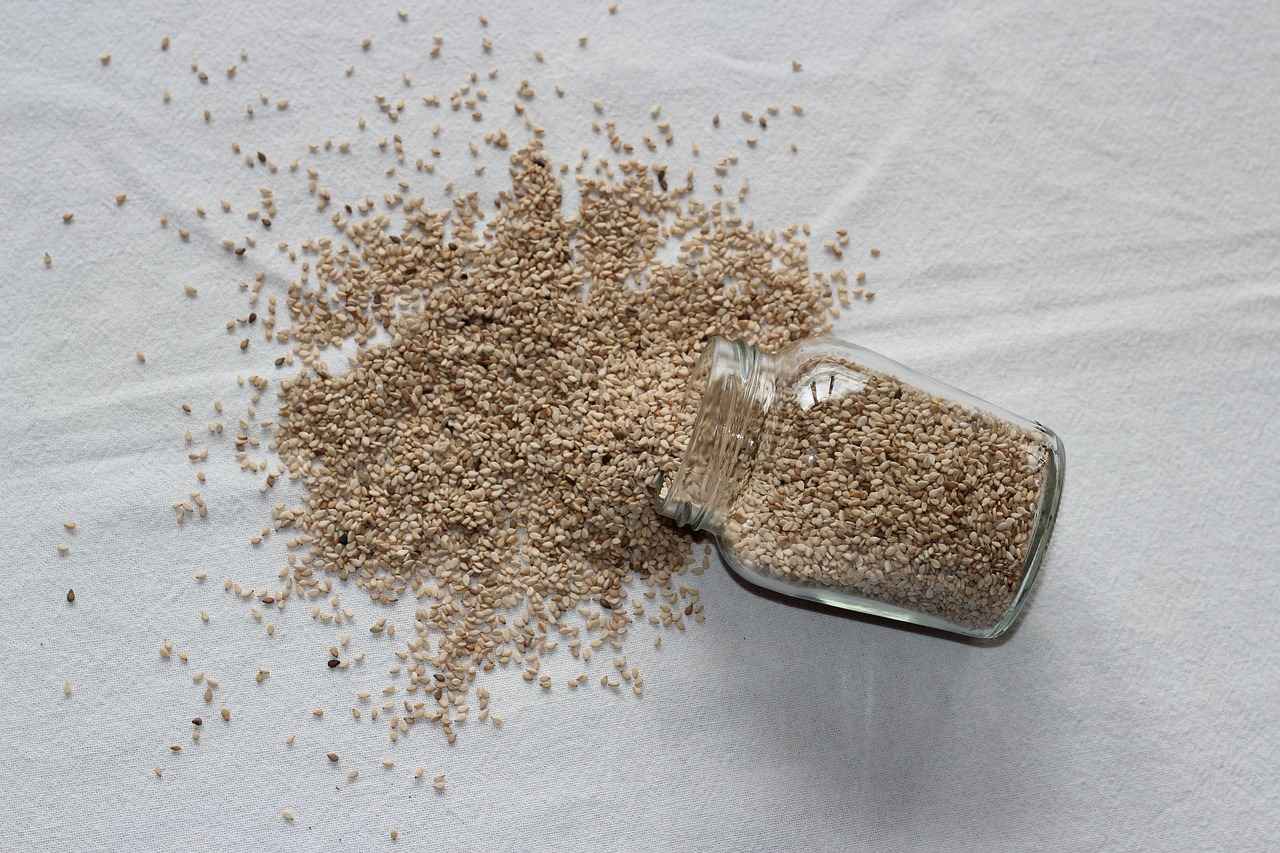
What Are the Best Ways to Incorporate Chia Seeds into Your Diet?
Chia seeds, often hailed as a superfood, offer a myriad of health benefits that can enhance your diet. One of the most appealing aspects of chia seeds is their versatility. They can be easily integrated into various meals without altering their flavor, making them a convenient addition to your daily nutrition.
Adding chia seeds to your smoothies is a fantastic way to boost their nutritional content. Simply blend a tablespoon of chia seeds into your favorite smoothie recipe. They not only provide a rich source of omega-3 fatty acids but also add a delightful texture. The seeds absorb liquid and swell, creating a thicker consistency that can make your smoothie more filling.
Another simple method to incorporate chia seeds is by sprinkling them on yogurt. Whether you prefer Greek yogurt or a dairy-free alternative, chia seeds can enhance your breakfast or snack. Combine them with fresh fruits and nuts for a nutrient-dense treat that supports digestive health due to their high fiber content.
Chia seeds can also be used as a crunchy topping for salads. They add a subtle nutty flavor and a satisfying crunch. Mix them into your salad dressing or sprinkle them on top of your greens for an extra boost of antioxidants and essential minerals.
Chia seeds are an excellent addition to baked goods as well. You can mix them into bread, muffins, or pancakes. They can also serve as a vegan egg substitute when mixed with water, making them a popular choice for those following plant-based diets. This not only enhances the nutritional profile of your baked items but also keeps them moist.
For a quick and nutritious breakfast, consider overnight oats with chia seeds. Combine oats, chia seeds, milk (or a non-dairy alternative), and your choice of sweeteners and toppings. Let it sit overnight in the refrigerator. The chia seeds will absorb the liquid, creating a creamy and satisfying meal rich in fiber and protein.
- Chia Pudding: Mix chia seeds with milk and let them sit overnight to create a delicious pudding.
- Energy Bars: Incorporate chia seeds into homemade energy bars for a healthy snack.
- Soups and Stews: Add chia seeds to thicken soups and stews naturally.
Incorporating chia seeds into your diet is not only easy but also beneficial for your overall health. By exploring these various methods, you can enjoy the nutritional advantages of chia seeds while enhancing the flavor and texture of your meals. Remember to start with small amounts and gradually increase your intake to allow your digestive system to adjust.
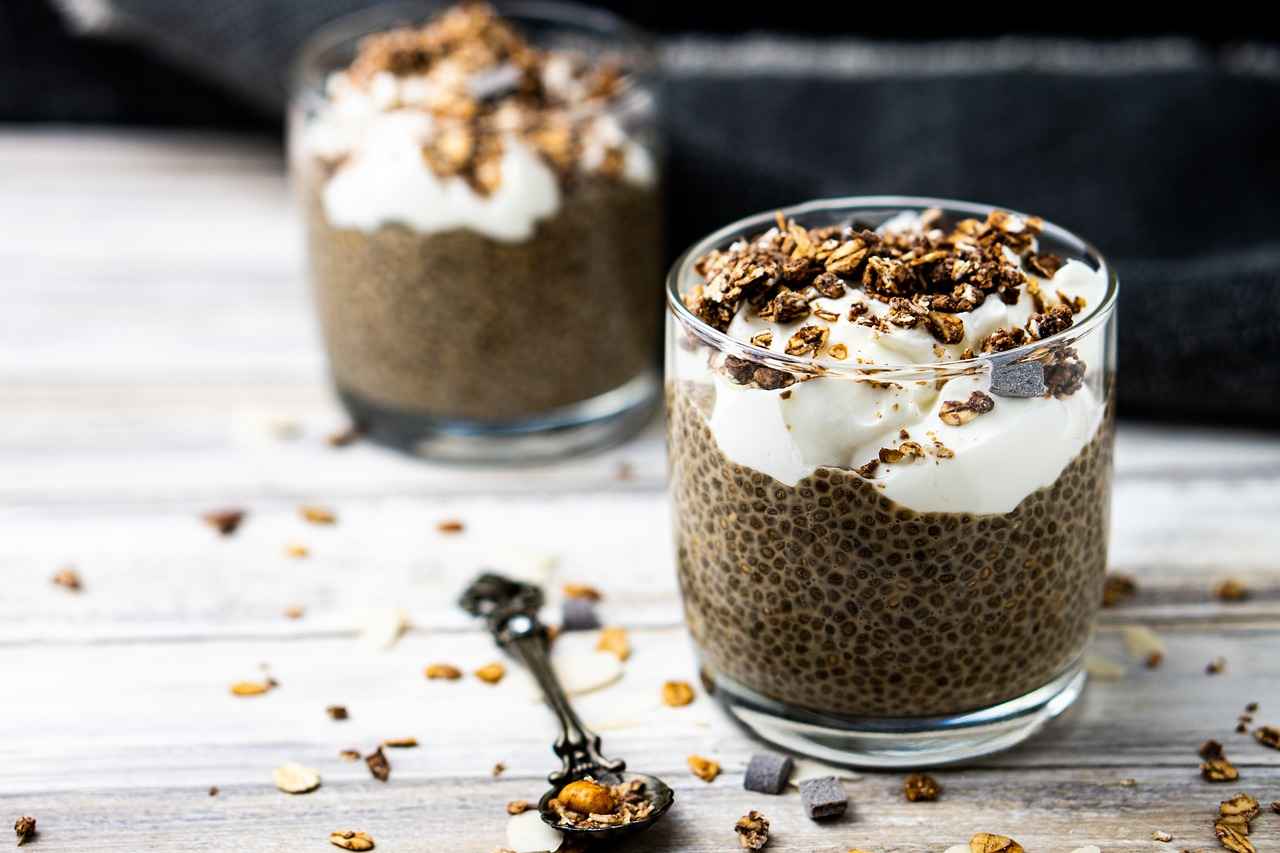
Are There Any Potential Side Effects of Chia Seeds?
Chia seeds have gained immense popularity in recent years, celebrated for their numerous health benefits. However, as with any food, it is crucial to be aware of potential side effects associated with their consumption. In this section, we will delve into the potential side effects of chia seeds and how to consume them safely.
While chia seeds are generally considered safe for most people, excessive consumption can lead to some digestive issues. Due to their high fiber content, consuming large amounts of chia seeds can result in bloating, gas, or even constipation. It is recommended to gradually increase your intake to allow your digestive system to adjust.
Chia seeds can absorb up to 12 times their weight in water, which is one of their remarkable properties. However, this also means that if you consume them without adequate hydration, they can expand in your stomach, potentially leading to discomfort or digestive blockages. To mitigate this risk, ensure you drink plenty of water throughout the day, especially when incorporating chia seeds into your diet.
Individuals with certain health conditions or those taking specific medications should consult with a healthcare professional before adding chia seeds to their diet. For example, people with digestive disorders or those who are prone to bowel obstructions should be particularly cautious. Additionally, chia seeds may interact with blood-thinning medications due to their omega-3 fatty acid content, which can affect blood clotting.
To enjoy the benefits of chia seeds while minimizing potential side effects, moderation is key. Start with a small amount, such as one tablespoon per day, and gradually increase your intake as your body adjusts. Soaking chia seeds in water or incorporating them into smoothies can help with digestion and hydration.
While rare, some individuals may experience an intolerance to chia seeds. Signs of intolerance may include:
- Bloating
- Gas
- Stomach cramps
- Diarrhea
If you notice any of these symptoms after consuming chia seeds, it may be wise to reduce your intake or eliminate them from your diet altogether.
Allergic reactions to chia seeds are uncommon, but they can occur. Symptoms may include itching, rash, or swelling. If you suspect an allergy, it is advisable to seek medical attention and avoid consuming chia seeds.
Ultimately, the key to enjoying chia seeds is understanding your own body and its responses. Monitor how you feel after consuming them and adjust your intake accordingly. Consulting a nutritionist or healthcare provider can provide personalized guidance based on your health status and dietary needs.
In summary, while chia seeds offer numerous health benefits, it is essential to consume them responsibly. By being mindful of your intake and staying hydrated, you can enjoy the advantages of these nutrient-dense seeds without experiencing unwanted side effects.
Frequently Asked Questions
- What are chia seeds?
Chia seeds are tiny, nutrient-dense seeds from the Salvia hispanica plant, known for their impressive health benefits and versatility in cooking.
- How do chia seeds promote weight loss?
These seeds absorb water and expand in your stomach, creating a feeling of fullness that can help you eat less and manage your weight more effectively.
- Can chia seeds improve digestion?
Absolutely! Their high fiber content helps to regulate bowel movements, preventing constipation and promoting overall gut health.
- Are chia seeds good for heart health?
Yes! Rich in omega-3 fatty acids, chia seeds can help lower blood pressure, reduce inflammation, and improve cholesterol levels, all crucial for a healthy heart.
- How can I incorporate chia seeds into my diet?
Chia seeds are super versatile! You can add them to smoothies, yogurt, salads, or even baked goods without changing the flavor of your meals.
- Are there any side effects of consuming chia seeds?
While generally safe, eating too many chia seeds may cause digestive issues. It’s best to consume them in moderation and drink plenty of water.



